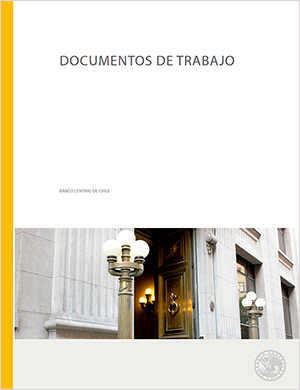Working Papers N° 857: Immigration in Emerging Countries: A Macroeconomic Perspective
Publications
Working Papers N° 857: Immigration in Emerging Countries: A Macroeconomic Perspective
Autor: Agustín Arias , Juan Guerra-Salas
Description
Roughly one third of migrants worldwide reside in developing countries, yet most papers on the macroeconomic effects of immigration focus on advanced economies. We investigate the medium- and long-term effects of immigration in an emerging country, considering a salient feature of this type of economies: the importance of labor informality. We build an overlapping generations model featuring 24 cohorts, an informal sector, and households with heterogeneous skill levels, among other features, that help us match key demographic and economic characteristics of Chile, an emerging country that has recently experienced an important immigration wave. An immigration wave increases the supply of labor, creating downward pressure on wages in the formal sector. Workers respond by reallocating labor effort to the informal sector, which allows them to mitigate the decline in consumption per worker triggered by lower formal-sector wages. Our model, thus, constitutes a framework for the quantitative analysis of immigration in emerging countries.
Working Papers N° 857: Immigration in Emerging Countries: A Macroeconomic Perspective
Boxes and graphics

